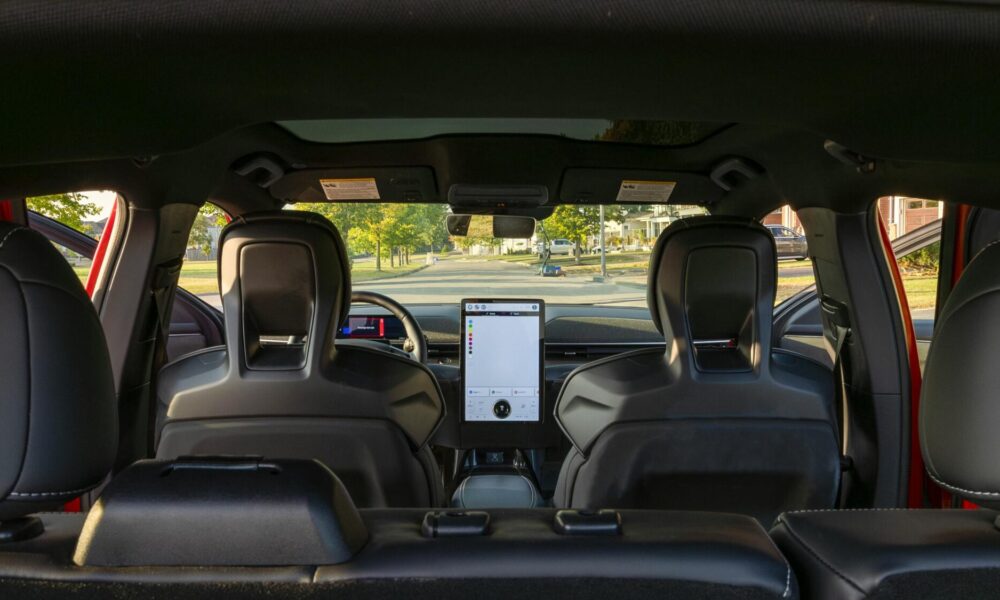Can AI Prevent Road Rage? Study Finds Smart Cars Could Cut Aggressive Driving by 45%

Road rage is spiraling out of control, but what if technology could stop it before it starts?
A new study by Auger & Auger Accident and Injury Lawyers reveals that road rage incidents have surged 449% since 2014, with 92% of U.S. drivers witnessing aggressive driving in 2023. As stress levels rise and enforcement struggles to keep up, tech-driven solutions may be the only way to prevent dangerous confrontations on the road.
Automakers and tech companies are using AI-driven mood detection, biometric stress monitoring, and in-car communication systems to predict and prevent road rage before it escalates. Early tests show that AI interventions can reduce aggressive driving by 45% and lower driver stress levels by 30%.
Key Findings:
- Biometric monitoring detects aggressive driving behaviors with 87% accuracy by analyzing heart rate, facial expressions, and voice stress levels.
- AI-powered mood detection lowers driver stress by 30% in heavy traffic through automatic in-car adjustments.
- LED-based driver communication systems prevent 65% of road rage incidents caused by miscommunication.
- Voice-assisted AI chatbots detect frustration in driver speech and de-escalate aggression in 42% of cases.
- Autonomous driving features like Tesla’s Autopilot reduce aggressive acceleration by 45%.
- Road rage shootings have risen 449% since 2014, with Texas, Florida, and Arizona leading in firearm-involved incidents.
Innovative Technologies Tackling Road Rage:
| Technology | Functionality | Impact |
|---|---|---|
| Biometric Monitoring | AI-driven facial recognition, heart rate, and voice stress detection | Predicts aggressive driving with 87% accuracy |
| Mood Detection AI | Adjusts cabin lighting, temperature, and music based on driver emotions | Lowers stress by 30% |
| LED Communication Displays | Displays real-time apology or intent messages to other drivers | Reduces miscommunication-related road rage by 65% |
| Voice-Activated Chatbots | Detects verbal frustration and responds with calming prompts | De-escalates aggression in 42% of cases |
| Autonomous Driving Systems | Maintains safe distance and prevents sudden acceleration | Cuts aggressive driving behaviors by 45% |
According to the study, biometric sensors can analyze facial tension, voice tone, and heart rate to predict road rage behaviors with 87% accuracy, automatically adjusting in-car settings to calm the driver. Jaguar Land Rover’s AI system reduces stress-related road rage by 30% by adapting lighting, music, and climate based on driver mood.
Meanwhile, technologies like RoadWayve offer rear LED displays that help drivers communicate apologies or warnings to other motorists — preventing 65% of road rage incidents caused by misunderstanding. Nissan’s in-car AI chatbot detects frustration in a driver’s voice and offers de-escalation prompts, cutting aggression in 42% of cases. Tesla’s Autopilot and GM’s Super Cruise have been shown to reduce reckless acceleration and tailgating by 45%.
“Road rage is no longer just an inconvenience; it’s a growing public safety crisis,” said a spokesperson from Auger & Auger. “With 80% of drivers admitting to aggressive behaviors, enforcement alone is no longer enough. These new AI systems show real promise in protecting drivers and saving lives.”





